Smart city initiatives are helping promote Dallas as an innovative city: Dallas Morning News
Kerry Rupp, Dallas Morning News, April 3, 2017
With the launch of a living lab in the West End March 27, Dallas entered a new phase of its effort to create a smart city that will attract business innovation while improving the quality of life for its residents.
The living lab — where smart technologies involving mobility, infrastructure and connected living will be tested — is one of several public-private partnerships to transform Dallas into a smart city.
Smart city initiatives are still a relatively new concept, and not everyone defines a smart city in the same way. The Dallas Innovation Alliance, a coalition of stakeholders invested in the concept, defines a smart city as one where social and technological solutions promote sustainable economic growth, increase resource efficiency and improve qualify of life.
The West End's smart city living lab kicked off with the installation of an interactive kiosk outside the Dallas Entrepreneur Center at 311 N. Market St. in March that will provide way-finding to visitors of the West End. The living lab effort will continue in the coming months with the installation of smart lighting, sensors to measure air quality and other initiatives.
"It will begin to help us to tell the story of Dallas in a new way," said Trey Bowles, co-founder of the Dallas Innovation Alliance and CEO of the Dallas Entrepreneur Center. "The bottom line is big business is already here, and additional businesses — startup businesses — will begin to look at Dallas as a more realistic option when they perceive Dallas to be what it actually already is, which is innovative."
Dallas's smart city initiatives have been ongoing for several years, said William Finch, chief technology officer at the city of Dallas. About 10 years ago, it installed security cameras throughout the Central Business District as part of a safety initiative. Then, about six years ago, it deployed WiFi in all its libraries and recreation centers, including seven outdoor parks. About five years ago, it developed an iPad app for its building inspectors, eliminating paper and inefficiencies. Its 311 mobile app has been around about three years and allows residents to report nonemergency problems such as graffiti, weeds and potholes via their smartphones.
"Smart cities right now is a cool elective thing, or there's a perception it's a novel thing. But in the future it's not a nice-to-have, it's a need-to-have."Jennifer Sanders, executive director of the Dallas Innovation Alliance, a public-private partnership that's creating a smart cities pilot in the West End of downtown Dallas
One of the city's more recent initiatives is its open data portal, now about two years old, that makes a wide variety of public data available — a virtual goldmine of information that can be accessed by entrepreneurs looking for the next big idea. Next up, the city plans to use and deploy big data to make the city run more efficiently.
"A smart city ecosystem can improve emergency response, mobility, education, security, health and well-being," Finch said. "As cities grow ... we are facing substantial challenges in which business as usual is no longer an option. Cities must transition using new technologies to transform their core systems. Rising to the challenges and threats to being a resilient city requires smarter systems that are interconnecting people and objects."
Bringing cities together
The smart city movement could get another boost this April, when cities, academia, nonprofits and others from around the state gather for the first statewide smart city initiative — Smart Texas Revolution, an April 20-21 conference at Fair Park held in conjunction with Earth Day Texas.
Earth Day Texas, now in its sixth year, drew 130,000 people over a three-day period in 2016 and is the largest event of its kind, said Matt Myers, vice president of Earth Day Texas. The organization saw a good opportunity to collaborate with the Dallas Innovation Alliance for the event because it believes a smart city can be good for the earth, Myers said.
"I think it's really great to make that connection between smart cities and the environment," he said. "I think the term smart cities is about density, walkability, mobility. It's about utilizing technology to increase the efficiency of civic infrastructure."
The event will include "A Day in the Life" — hubs showcasing what a typical day in a smart city will feel like, with a focus on the home, restaurant/retail, office, city hall and the daily work commute, said Jennifer Sanders, executive director and co-founder of the Dallas Innovation Alliance.
"We want to create an experiential smart city experience," she said. "We are going to integrate technology into familiar spaces. We'll have a staged home set. You'll see the smart devices and how they'll impact your daily life."
Welcoming idea
The idea for Smart Texas Revolution event came about after speaking with dozens of cities looking for ways to advance a smart initiative in their communities, Sanders said.
"I wanted to create a forum that was accessible — a car trip, not a plane trip — so that cities can receive a comprehensive boot camp on smart city best practices."
They'll talk about ways they can finance smart initiatives and get a conversation going about statewide initiatives, she said. Entrepreneurs are encouraged to attend.
"Let's have a really good discussion about what a smart strategy would look like at the state level," she said. "There's a great opportunity for Texas to lead the nation around this."
